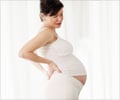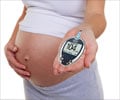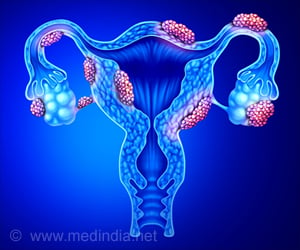Mechanical ventilation had no increased risk of mortality in pregnant patients, found new study.

‘The mortality related to mechanical ventilation in obstetric patients has the same associated factors as in the non-obstetric population. ’





Of the 2,116 patients, 299 (14 percent) pregnant women within the study had acute respiratory failure and required mechanical ventilation. Factors related to higher mortality included the use a vasopressor, blood transfusions, neurological dysfunction, coagulopathy and ARDS. "The results show that ARDS, the presence of coagulopathy and neurological dysfunction are clinical factors associated with mortality."
Further results from these two studies will be shared at CHEST Annual Meeting 2018 in San Antonio on Monday, Oct. 8, 7:45 a.m. to 8:00 a.m., at the Henry B. Gonzalez Convention Centre, Room 206A. The study abstracts can be viewed on the journal CHEST® website.
Source-Eurekalert















